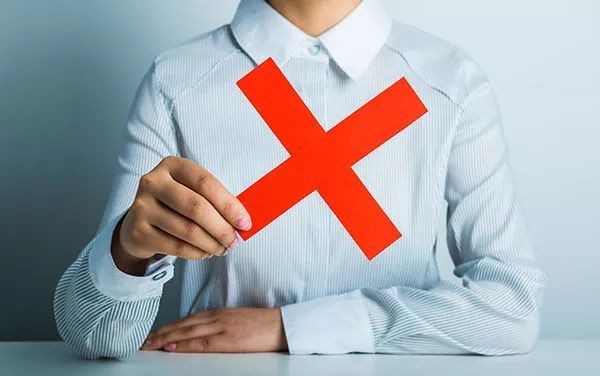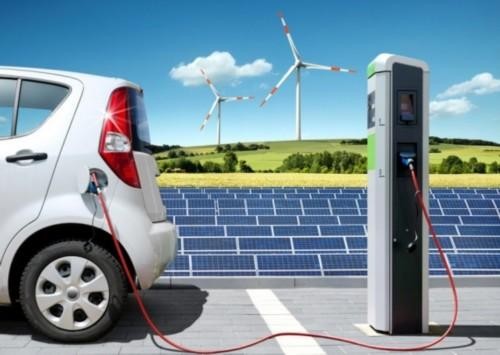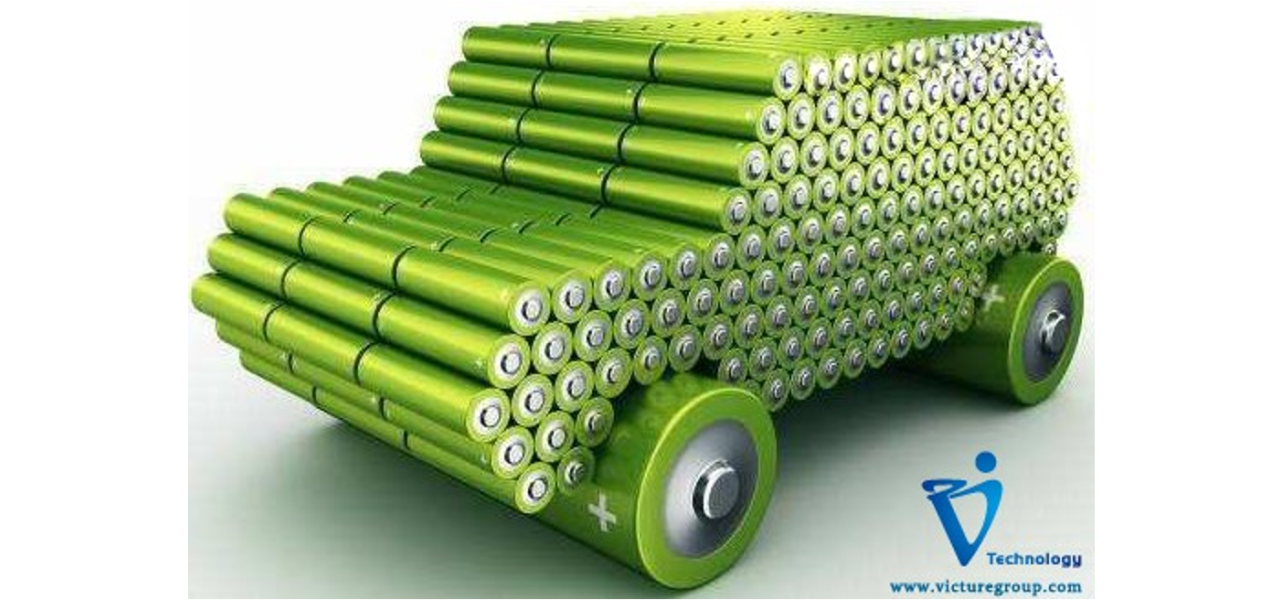
As the world begins its transition into electric cars, there are many looking to jump into the market as consumers gear up for next steps. Companies that are in the EV race include Ford, GM, Tesla, Kia, BMW, Xiaomi, Rivian, Hyundai, Volkswagen, Arrival, Nikola, Xiopeng Motors, Faraday Future, Lucid Motors, Nio, WM Motors, OIa, Zenobe, StoreDot, Rimac, Gunsel, Sono, Enel Ex, Electreon, LightYear, and more.
There are a number of emerging startups and public companies looking to offer electric vehicles. Most of the EVs run off of lithium-ion batteries. While these batteries are made with a combination of Lithium, Nickel, Cobalt and other materials, manufacturers around the world are looking to ramp up production to meet company and national goals.
Companies are facing shortages for lithium-ion batteries to produce their vehicles. One such example is with cobalt. Cobalt, which is primarily sourced from the Ivory Coast has been flagged for mining practices and companies are looking to work around to side-step that concern. One of those companies is Panasonic which has made a lithium-ion battery without Cobalt that they plan to test in the market.
Similarly, Asia has the supply chain in place to cultivate and treat lithium while other countries do not have the processes to do at scale. Currently, EV production is extremely costly and infrastructure heavy, and there is now a lithium-ion battery shortage in the United States and Europe. As public and private American companies look to deliver on their promises to transition product lines to all electrical eco-friendly cars, the manufacturing of domestic components is not readily available and these companies will have to look elsewhere.
Compared to the USA’s four battery mega factories, China has ninety-six. China has also worked to develop the infrastructure to support domestic and international supply chains. With all this said, the market will continue to see increases in demand as these companies ramp up their production. While there are many constraints and challenges for these businesses, the companies must not lose focus that the goal is to slow down global warming and ensure the health of our shared Earth.
While there is uncertainty in the markets for consumer demand and also supply capacity, there are a number of Asia-based companies that are partnering with American companies to meet battery production goals. This includes Tesla working exclusively with Panasonic and GM working primarily with LG. There is a new SK plant coming to Georgia, but recent news has slowed down the roll out of this factory. Most innovative new EV companies don’t have the financial backing to build a plant and will have to lean heavily on international partners.
With all things considered, the goal of electric vehicles is to slow down global warming and reduce pollution. While manufacturers of all sizes look to supply their plants, sourcing globally is inevitable. Utilizing a partner rich in history and expertise to oversee the supply chain is a cost-efficient solution to streamline sourcing and quality control activities. Contact Victure Group for more information on supply chains and EV.
For product sourcing, you’re suggested to join the following LinkedIn groups
China Sourcing- China Sourcing, Networking, Import, Export, Trading, Manufacturing | Groups | LinkedIn
Green Economy- Sustainable, Circular, Green Economy Forum, Networking, Supply Chain | Groups | LinkedIn
Vietnam Sourcing- Vietnam Sourcing, Networking, Import, Export, Trading, Manufacturing, Supply Chain | Groups | LinkedIn
Indian Sourcing- India Sourcing, Networking, Import, Export, Trading, Manufacturing, Supply Chain | Groups | LinkedIn
Asia Sourcing- Asia Sourcing, Networking, Import, Export, Trading, Manufacturing, Supply Chain | Groups | LinkedIn
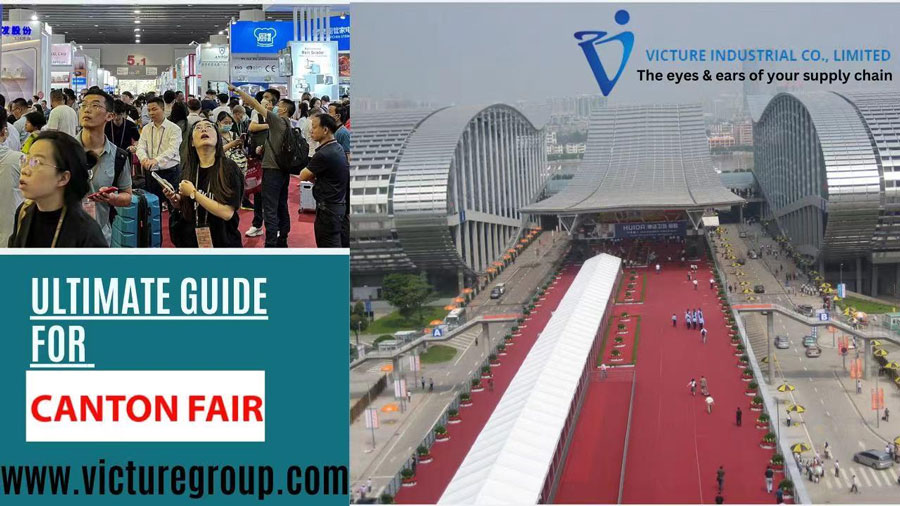
October 13, 2023
Ultimate Guide for Canton Fair TourLow and High Production
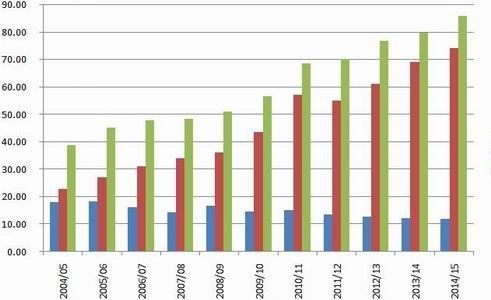
July 08, 2021
Low and High ProductionLow and High Production
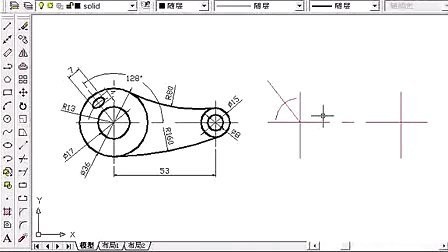
June 30, 2021
CAD, BOM, DFM & IPLow and High Production
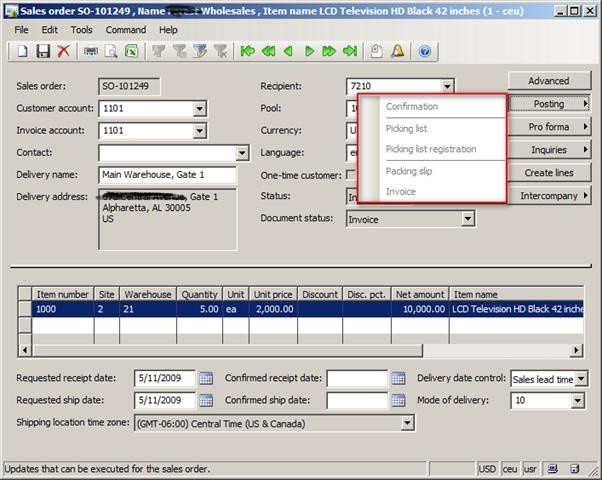
June 17, 2021
Order Volume ConsiderationsLow and High Production
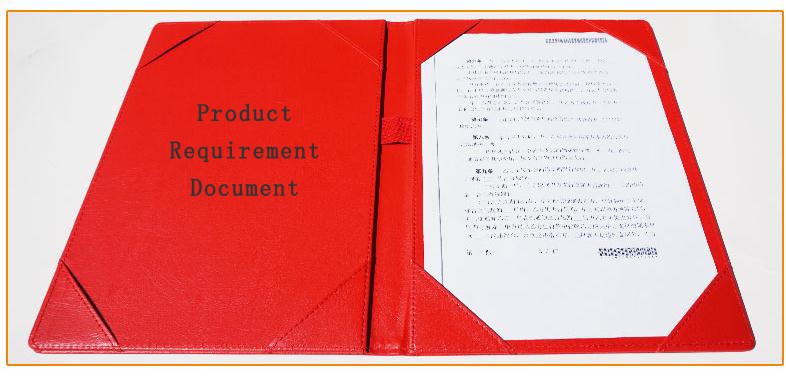
June 09, 2021
Product Requirement DocumentLow and High Production











